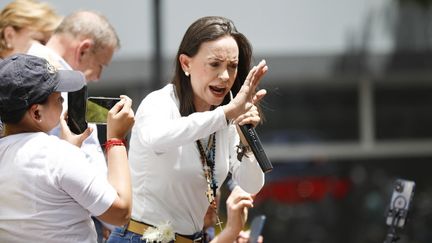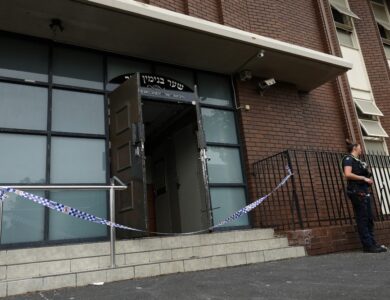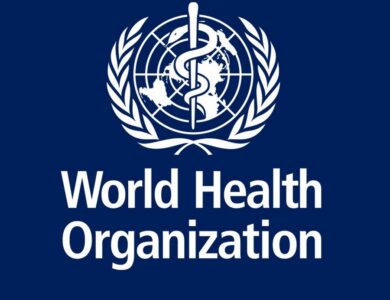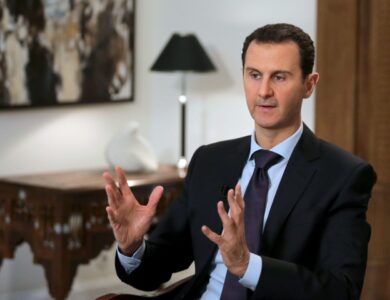María Corina Machado Seeks International Support to Restore Democracy in Venezuela

Venezuelan opposition leader María Corina Machado is rallying for a global movement to support her country in its fight against Nicolás Maduro’s oppressive regime. Drawing inspiration from the international campaign against apartheid in South Africa, she aims to turn Venezuela’s quest for democracy into a worldwide cause.
Speaking to foreign media, Machado emphasized the urgency of the moment, urging democrats from across the globe—Europeans, Asians, Africans, as well as Latin Americans and North Americans—to unite in solidarity with Venezuela. She is at the forefront of the opposition effort to end Maduro’s 11-year tenure, which has been marred by economic turmoil and political repression.
The opposition claims that Edmundo González, who ran in the recent presidential election on July 28 in Machado’s place after she was barred from participating, won by a significant margin. Detailed voting data from more than 25,000 polling places supports this assertion. However, Maduro continues to assert his victory and has issued an arrest warrant for González, further escalating tensions.
This move has raised alarms among leftist governments in Brazil and Colombia, which have been advocating for dialogue and peaceful resolutions. UK Minister for Latin America, Jenny Chapman, criticized the arrest warrant as politically motivated and unacceptable.
González’s current location is unknown, as he reportedly evades capture, moving from place to place. The crackdown has intensified in recent days, with multiple opposition leaders, including Machado’s ally Perkins Rocha, being detained. Human Rights Watch condemned the violent repression that has seen over 1,700 individuals imprisoned, including approximately 114 minors.
Despite the escalating risks, Machado remains resolute about her decision to stay in Venezuela. She acknowledges the increasing dangers but feels a strong sense of duty to remain. “Each passing day is becoming more difficult and perilous, but I believe my place is here,” she stated.
Maduro’s continued grip on power, bolstered by support from the military and authoritarian allies like China and Russia, has dashed hopes for significant political change amid one of the worst economic crises in recent history. Josep Borrell, the EU’s foreign policy chief, has also recognized that Maduro will likely continue as de facto president, despite the international community’s refusal to acknowledge his electoral victory.
The appointment of Diosdado Cabello, a hardline ally, to lead the interior ministry signals Maduro’s intent to intensify repression against dissent. However, Machado is optimistic about the opposition’s potential for a peaceful transition of power. She believes that while the situation may appear stagnant, there are movements behind the scenes, indicating a shift in the political landscape.
Machado asserts that the opposition is currently stronger than ever, while the regime is at its weakest. She points out that Maduro’s party suffered losses across the country, in both affluent and impoverished areas, reflecting a significant decline in support. “We have changed as a nation in just a short time,” she declared, underlining the growing discontent and the changing dynamics within Venezuela.








